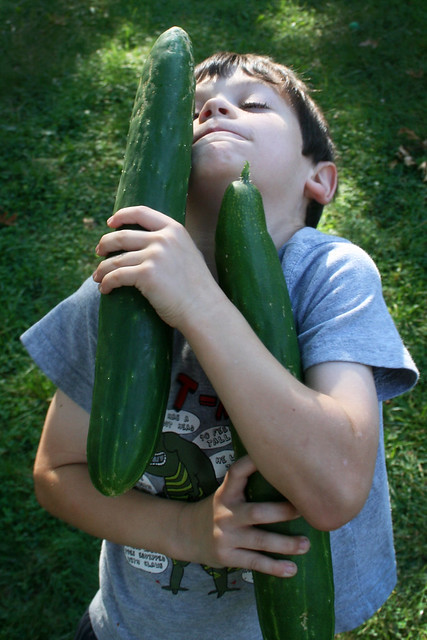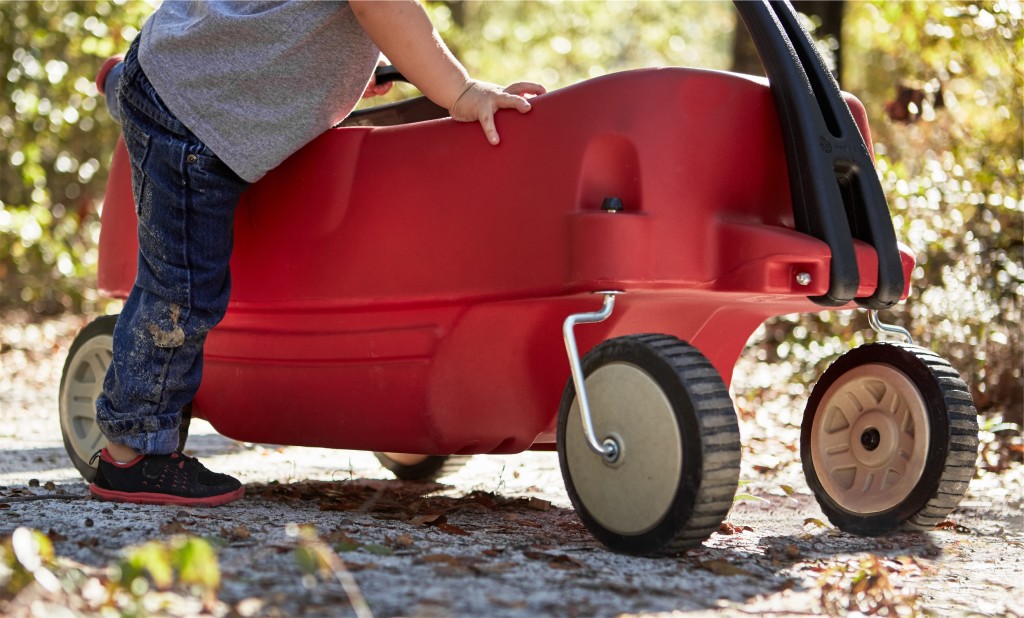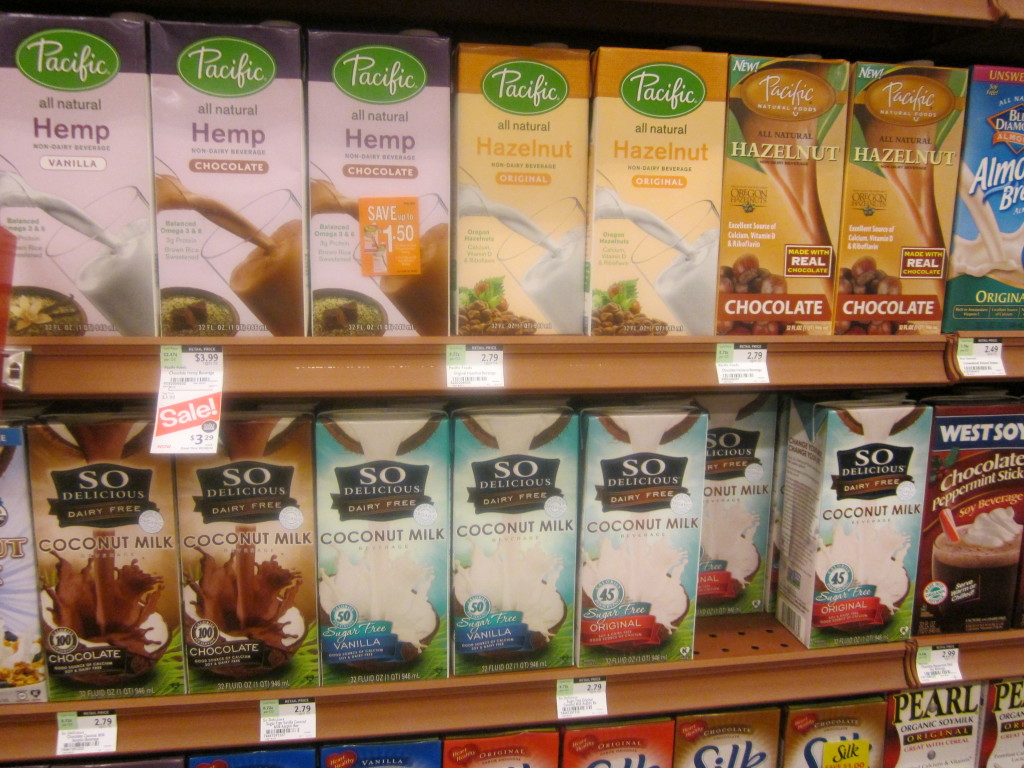
Asthma seems to be SO common doesn’t it?
Don’t you know at least, like, 6 people that have it?
I know I do.
What’s more, I used to be a chronic sufferer myself – twofold, in fact.
What on earth do I mean by twofold? Well, I had good ol’, plain ol’, regular standard asthma; and I also had chronic atopic asthma as an allergic reaction to fur.
Yes, you SHOULD be jealous – I had ALL the fun.
If you’ve never experienced asthma, let me tell you that it can be horrific. Breathing in oxygen is our most basic need, and when you can’t do this effectively it’s frightening. Try breathing through a straw. A VERY THIN one. Sometimes it’s just like that. Sometimes it’s worse.
In the nineties sometime, I heard that eliminating dairy products might help my asthma and eczema (eczema is closely related to asthma in terms of its causes). This knowledge has clearly been around a long time.
I had suffered enough to want to give this a try.
If you’ve read my ‘about’ page, you’ll know that I succeeded in ridding myself of asthma by going vegan. To be more specific; my ‘general’ asthma has completely gone since going vegan – I haven’t had an inhaler in years.
My atopic asthma as an allergic reaction to fur has also significantly improved, and I can enjoy a visit to the house of a friend that has a dog or cat, which I couldn’t before. The allergic reactions haven’t completely gone, I still have to wash my hands thoroughly in hot water after stroking any furry animal, otherwise they itch like crazy; and if, say, I’m visiting a house with a cat or dog in winter, with all windows closed and heating on; I’ll start sneezing and my lungs will definitely let me know THEY KNOW there is an allergen in the vicinity. Some allergies I believe are too systemic to completely disappear.
However, this is a vast improvement on before – and I just avoid putting myself in the ‘hot, stifling house with fur’ situation, so I’m asthma-free all the time!
I personally know of two other long-time asthma sufferers that had always used inhalers. They went vegan fairly recently and after a while no longer needed medication and now consider themselves asthma-free.
So that’s my personal story and some anecdotal evidence – but what happened when actual scientific studies took place?
Incredible huh? (BTW – if you haven’t already subscribed to NutritionFacts.org, you really should. Dr Michael Greger is an expert on all things plant-based and health related).
And in this article on Dr T Colin Campbell’s nutritionstudies.org website, we see that dairy consumption is linked to many diseases, including asthma. The original article was written in 1997 and updated in 2015 – so again, this information is NOT new!
Seemingly, even Hippocrates back in 370BC knew cow’s milk wasn’t the universal health elixir it is cracked up to be:
‘Hippocrates first observed and wrote about negative reactions to cow’s milk around 370 BC, since when, the prevalence, awareness and understanding of this allergy has increased. Milk allergy is one of the major allergies in infants and is caused by the proteins present in cow’s milk’ ~ The Food Safety Hazard Guidebook, by Richard Lawley, Laurie Curtis, Judy Davis, 2008
No-one ever got asthma by eating broccoli. Or brown rice. Or apples.
Disappointingly, on the NHS website you have to click through to the last menu option ‘living with asthma‘ and right down at the bottom it does mention that cow’s milk (along with other animal products like eggs and shellfish) can be a trigger for asthma.
Given the amazing results of the Swedish study in the video above, you think they’d mention this on their asthma homepage.
They also put links to the Asthma UK website where I eventually found an option called ‘asthma triggers’ (really not obvious to find at all in amongst a tonne of other options), and then had to click on ‘food’ (again, this was in among 17 other options; it wasn’t even the first one). I clicked on food, and it DOES cite milk and dairy products at the top of the list of food triggers, but is not very positive and encouraging about avoiding them, and gives FALSE information regarding the impact of dairy on calcium intake and bones!
Milk and milk products – You may have heard there’s a link between dairy foods and asthma, but only a very small percentage of people are allergic to milk products. For them, eating these foods may result in wheezing. Dairy allergy is more common in children but they often grow out of it as their digestive system matures. Calcium-rich dairy products are essential for healthy bones, especially for children and adolescents. And people with asthma can be at higher risk of bone disease osteoporosis (which causes thinning, brittle bones and increases risk of fractures) because of the use of steroid medication. So you should only avoid dairy products if necessary, ensuring you replace them with other sources of calcium under the guidance of your GP, nurse or a dietitian.
Again, the results of the Swedish study conflict drastically with this.
Ugh. Just…Ugh.
It seems that as well as avoiding dairy, including lots of fresh fruit and veg in your diet also helps reduce asthma symptoms; so we can easily surmise that a whole food, plant-based diet would be your best bet for improving asthma, and maybe never suffering from it again.
If you’re an asthma sufferer and haven’t tried avoiding animal products yet in a bid to improve your condition – what are you waiting for? Why suffer needlessly? I mean, why?
I know parents of children with asthma who, despite me passing on the above information, are reluctant to take dairy out of their children’s diets.
Now, when parents are advised to do other things to treat disease in their children, they DO it – like giving them antibiotics for example.
Antibiotics have side-effects, while avoiding dairy only has benefits, so why wouldn’t you want to treat your kid in a non-harmful, plenty-beneficial way?
The only reason I can think of is that they genuinely fear their child would miss out on nutrients, or maybe just not be receptive to the idea.
If your child has asthma and you’d like to make their diet more plant-based but don’t know how open to this they would be, maybe this post will help.
If you need more reasons (besides just curing yourself of asthma) to give up cow’s milk and dairy, read this.
If cheese is your downfall, read this.
You know what? If you don’t think you can do it long-term just commit to three weeks. See how you feel then and re-evaluate.





